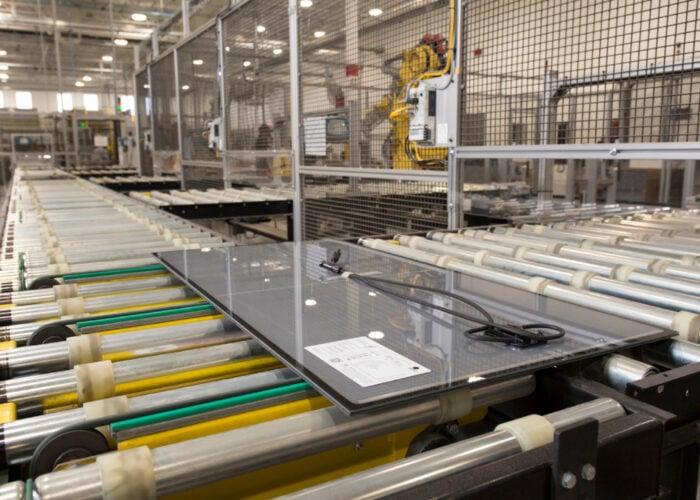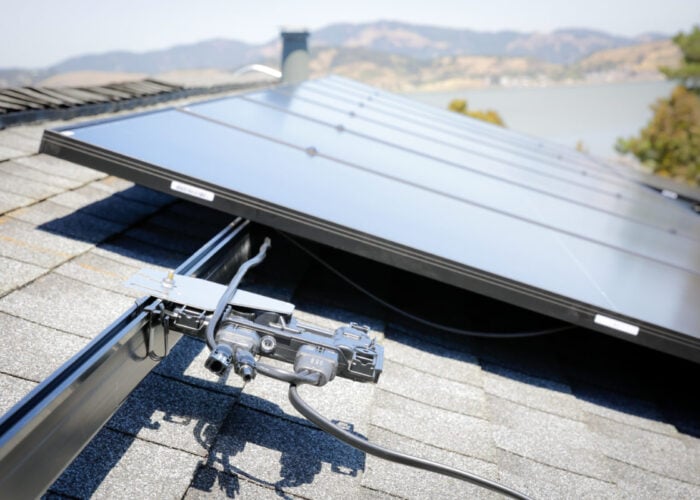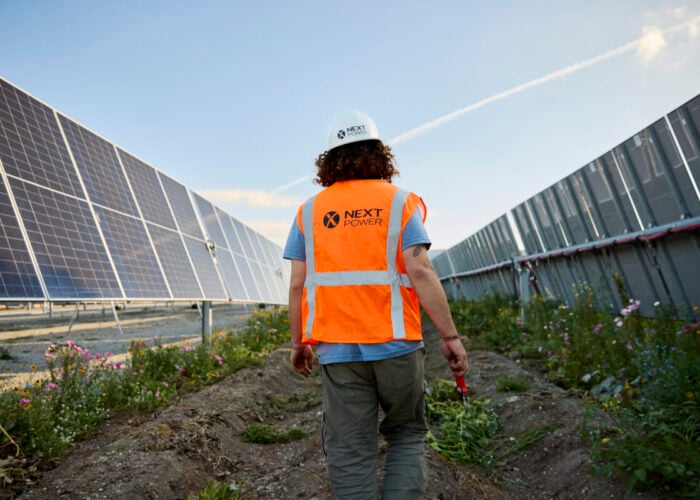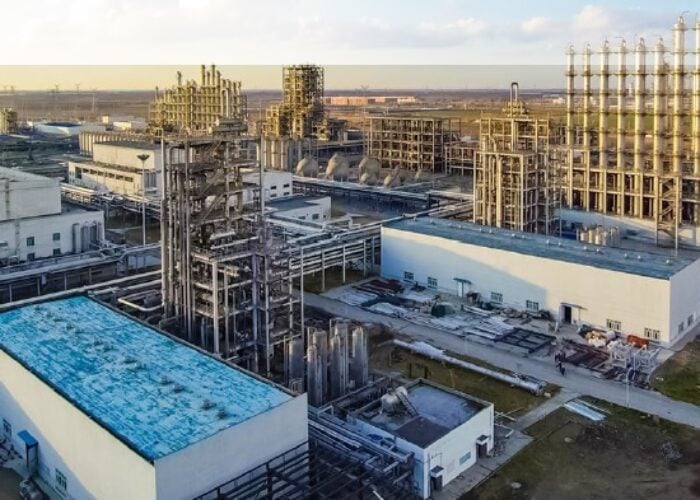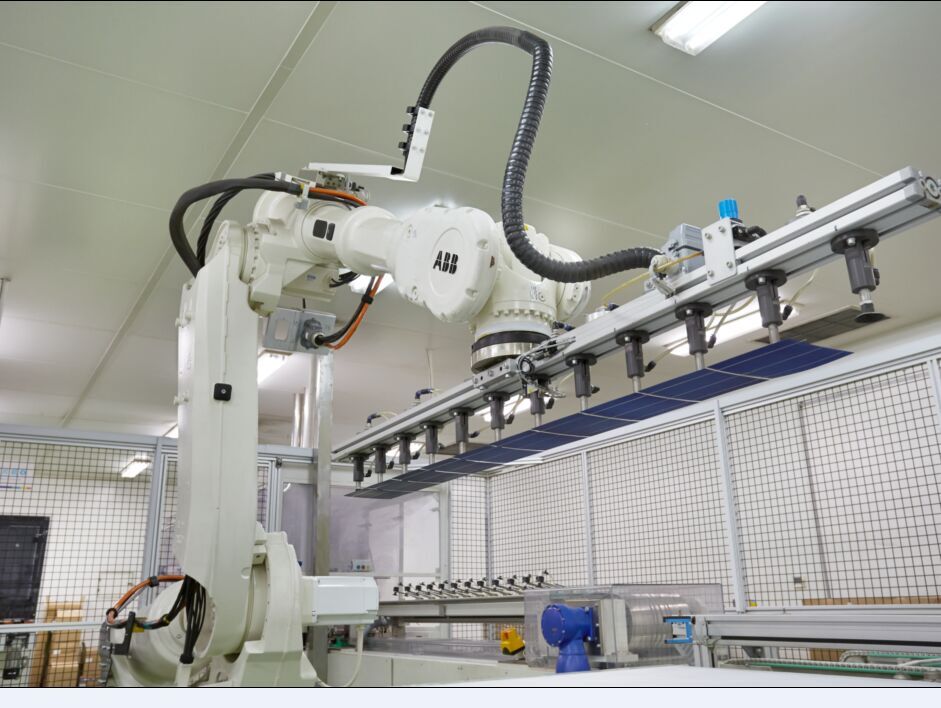
Module manufacturing major Risen Energy has posted strong revenue for the first half of the year, with RMB17.6 billion (US$2.4 billion).
After significant growth in 2022 – with revenue up 56% year-on-year – the company’s H1 2023 results have increased by 39.56% from the same period in 2022, when product sales and unit sales prices had driven revenues up in H1 2022.
Try Premium for just $1
- Full premium access for the first month at only $1
- Converts to an annual rate after 30 days unless cancelled
- Cancel anytime during the trial period
Premium Benefits
- Expert industry analysis and interviews
- Digital access to PV Tech Power journal
- Exclusive event discounts
Or get the full Premium subscription right away
Or continue reading this article for free
Its net profit after non-recurring profit and loss deduction rose 76.25% to RMB838 million (US$115.5 million).
During the first half of the year, the company increased its investment in research and development (R&D) by 4.5% from the same period in 2022, with US$67.5 million.
As the module manufacturer continues to increase its investment in R&D, it recently started commercial production of its n-type heterojunction cell technologies with the Hyper-ion heterojunction bifacial modules in the city of Ningbo, China. The heterojunction modules will have a conversion efficiency of 23.89%, which was boasted as a world record by the company earlier this year and was verified by certification provider TÜV SÜD.
In July, and before the start of commercial production of its Hyper-ion modules, the company secured a 1GW heterojunction module supply with Singaporean independent power producer Athein.
With the company shifting towards n-type modules and more specifically heterojunction module production, it will increase the share of n-type modules shipped in 2023 as the company targets to reach 30GW this year, of which 4.5GW was achieved in Q1 2023, as reported by PV Tech Premium.

